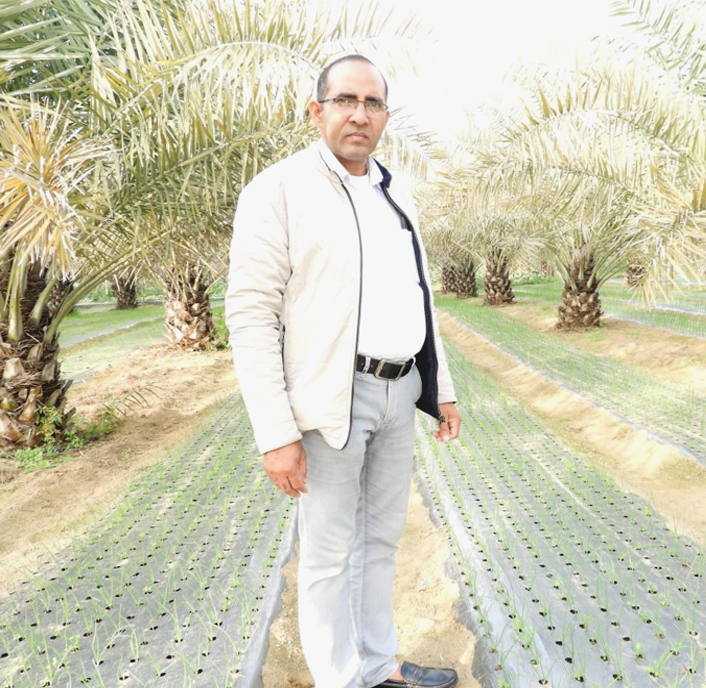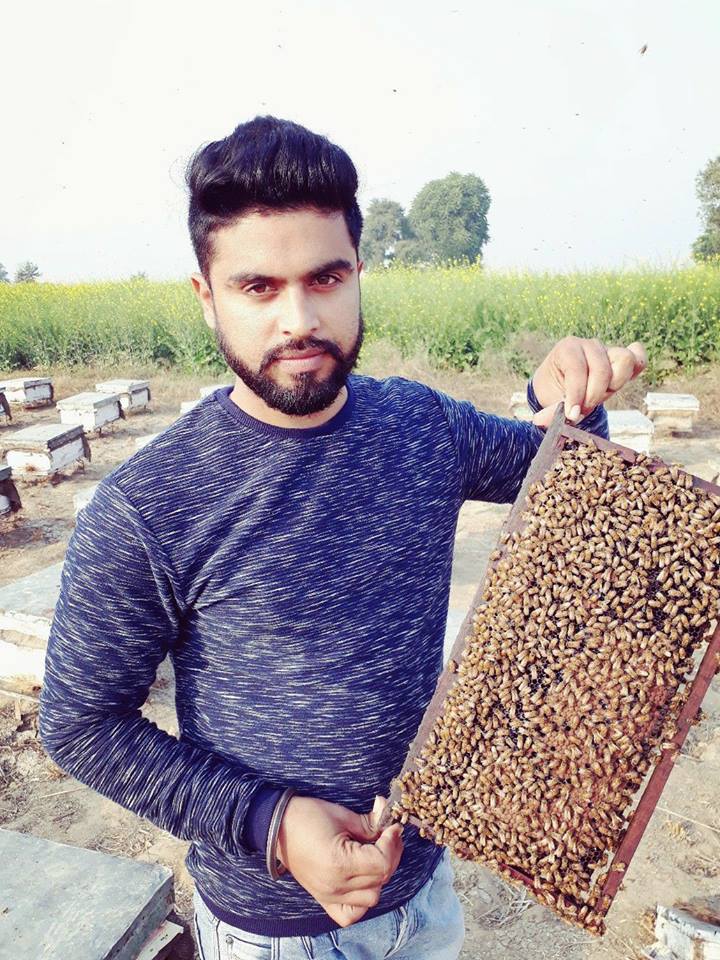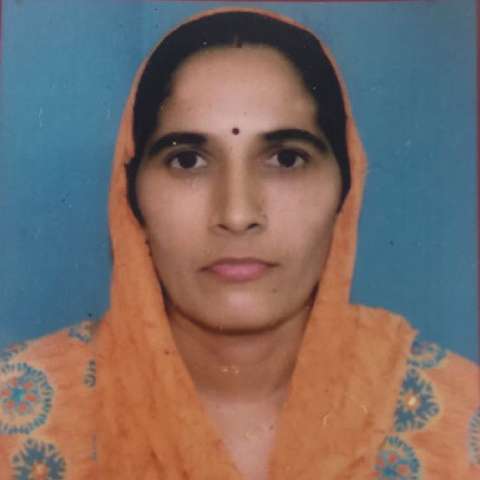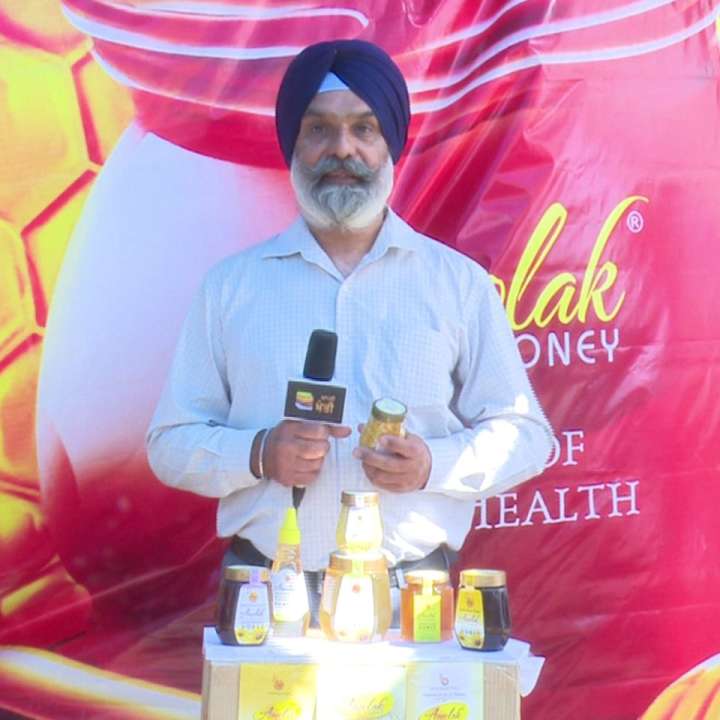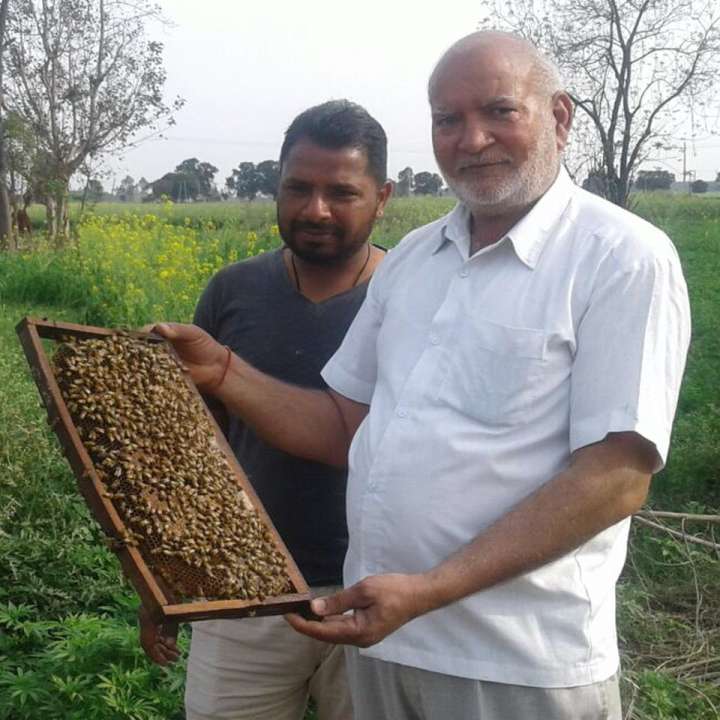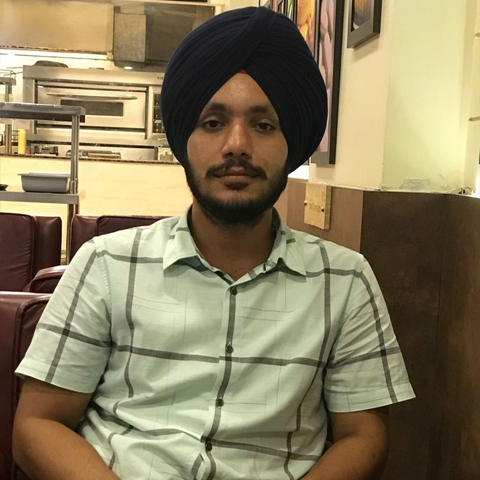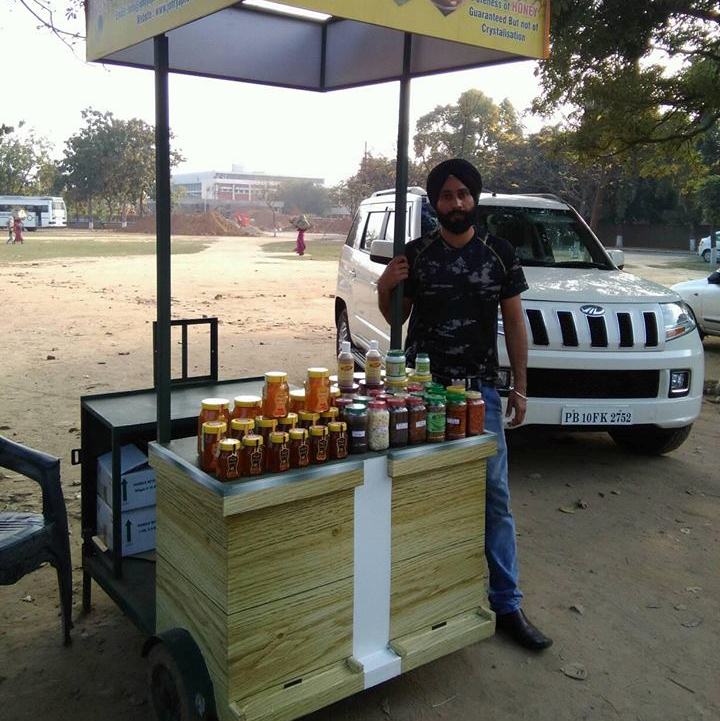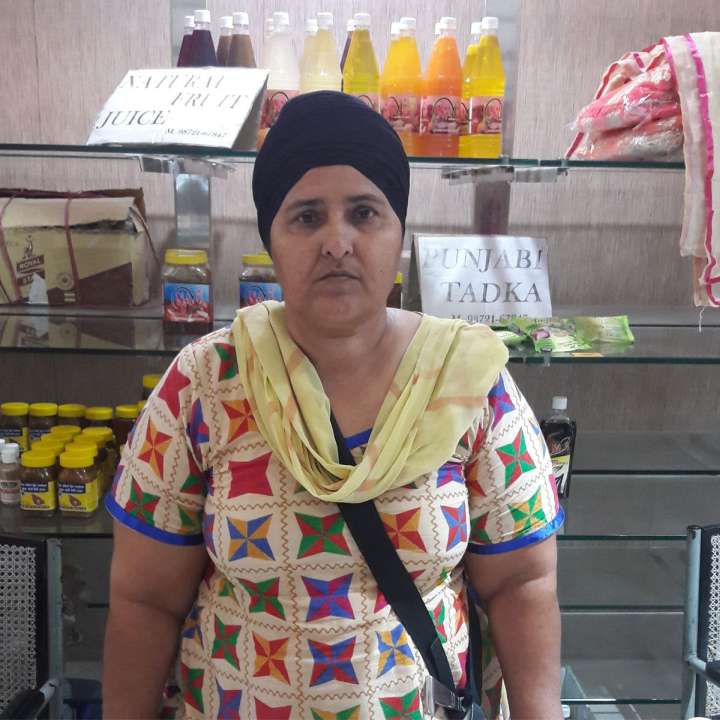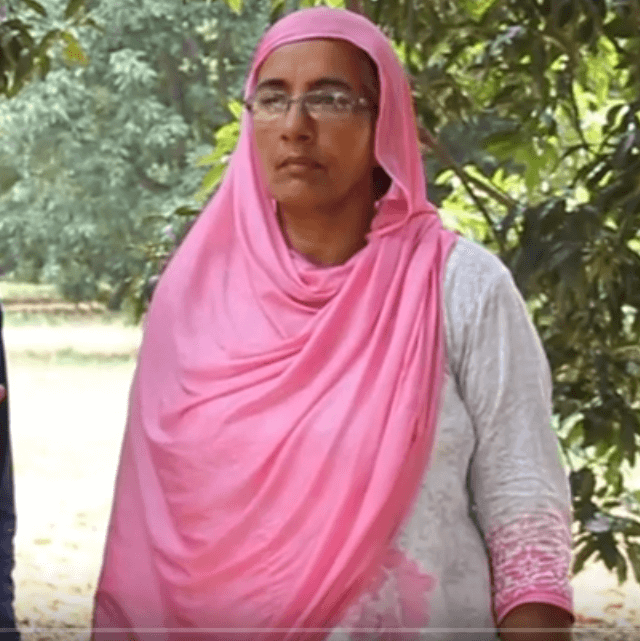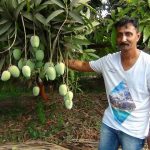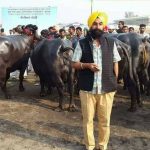Abuzz of sweet success: Meet leading lady in beekeeping world with an annual income of 70 lakhs from honey business
“It is believed that future belongs to those who believe in the beauty of their dreams.”
Milakpur is a small village in the interior of Jhajjar district of Haryana, which is not even properly linked to the main road and has no direct bus service. It almost seems impossible for a person to think of starting any allied farming activity or business while living in such a place. But the successful endeavour of Mukesh Devi in beekeeping field has proved that anything is possible if you have the passion to do it. Even after suffering from painful toxic stings of bees, Mukesh Devi and her husband had never thought of stopping and they continued their passion of producing the best honey in Northern India.
In the year of 1999, Mukesh Devi’s husband – Jagpal Phogat started beekeeping after getting inspired by one of her relatives who was also doing beekeeping. With the help of training provided by Krishi Vigyan Kendra, Mukesh Devi also joined his husband’s venture in 2001. The work which they began so early with few beehives, started growing gradually with the time and now it has been expanded in other areas of states as well- Punjab, Himachal Pradesh, Jammu & Kashmir, Rajasthan, and Delhi.
Seeing the health benefits and rising market demand for honey, now Mukesh Devi has started selling the honey under her own brand – Nature Fresh. Currently, she has 2000 honey bee boxes for honey collection.
Mukesh Devi has not only made her family status financially stable but she has also provided employment to more than 30 people. By sending honey bee boxes to 5 different states with the help of their employed workforce, Mukesh Devi and her husband collects around 600 to 700 quintals of honey annually, and by honey, it doesn’t just means the ordinary honey with same flavour and taste, they have honey in more than 7 different flavours which are collected from the plants of Tulsi, Ajwain, Coriander, Shisham, Eucalyptus, Lychee, Neem, Mustard, and Pigeon Pea. Tulsi honey is one of the best honey they have with great market value.
When it comes to honey collection then the couple pay special attention to the time and weather of different states and according to that they set up their beehives at different locations. For organic honey, boxes are sent to the jungles in different states, below are given some time spans of honey collection from different places:
• For Tulsi Honey – Boxes are sent to the jungles of Madhya Pradesh (October to November)
• For Ajwain Honey – Boxes are sent to the jungles of Rajasthan (December to January)
• For Ajwain – Boxes are sent to Jammu & Kashmir and Punjab (May to July in Jammu & Kashmir, Punjab)
• And from Feb to April, boxes are set up at different locations in Haryana
Moreover, the income of this couple is not only limited to honey production and its selling, they also sell Comb Honey, Honey Amla Murraba, Honey Carrot Murraba, Bee Pollen, Bee Wax, Propolis, and Bee Venom, which have a good market price. Presently, Mukesh Devi and her husband are earning around 70 lakhs annually just from beekeeping.
Mukesh Devi and Jagpal Phogat efforts have been appreciated by many organizations and officials, some of them are given below:
• Received National Award from IARI, New Delhi, in Rashtriya Krishi Unnati Mela for beekeeping and producing different varieties of honey in 2016.
• Mukesh Devi & Jagpa Phogat honoured by Agri Leadership Award at Surajkund, Faridabad
• Awarded by Union Minister of Steel – Birender Singh for good honey production
• Awarded by Parshottam Khodabhai Rupala, Union Minister of Agriculture and Farmers Welfare.
• Their achievements have been published in IARI progressive farmer magazine namely Adhyeta and Innovative Farmer Magazine with other 39 progressive farmers.
Mukesh Devi is a progressive beekeeper and her initiative has set an example for other women entrepreneurs that if the efforts are in the right direction than even beekeeping business can make you a millionaire.
Future Plan:
Mukesh Devi and her husband have bought a piece of land in their village where they are planning to set up the processing unit of their products according to the market demand.
Message
“Looking at the present status, farmers must pursue allied farming activities with conventional farming for better financial stability.”


